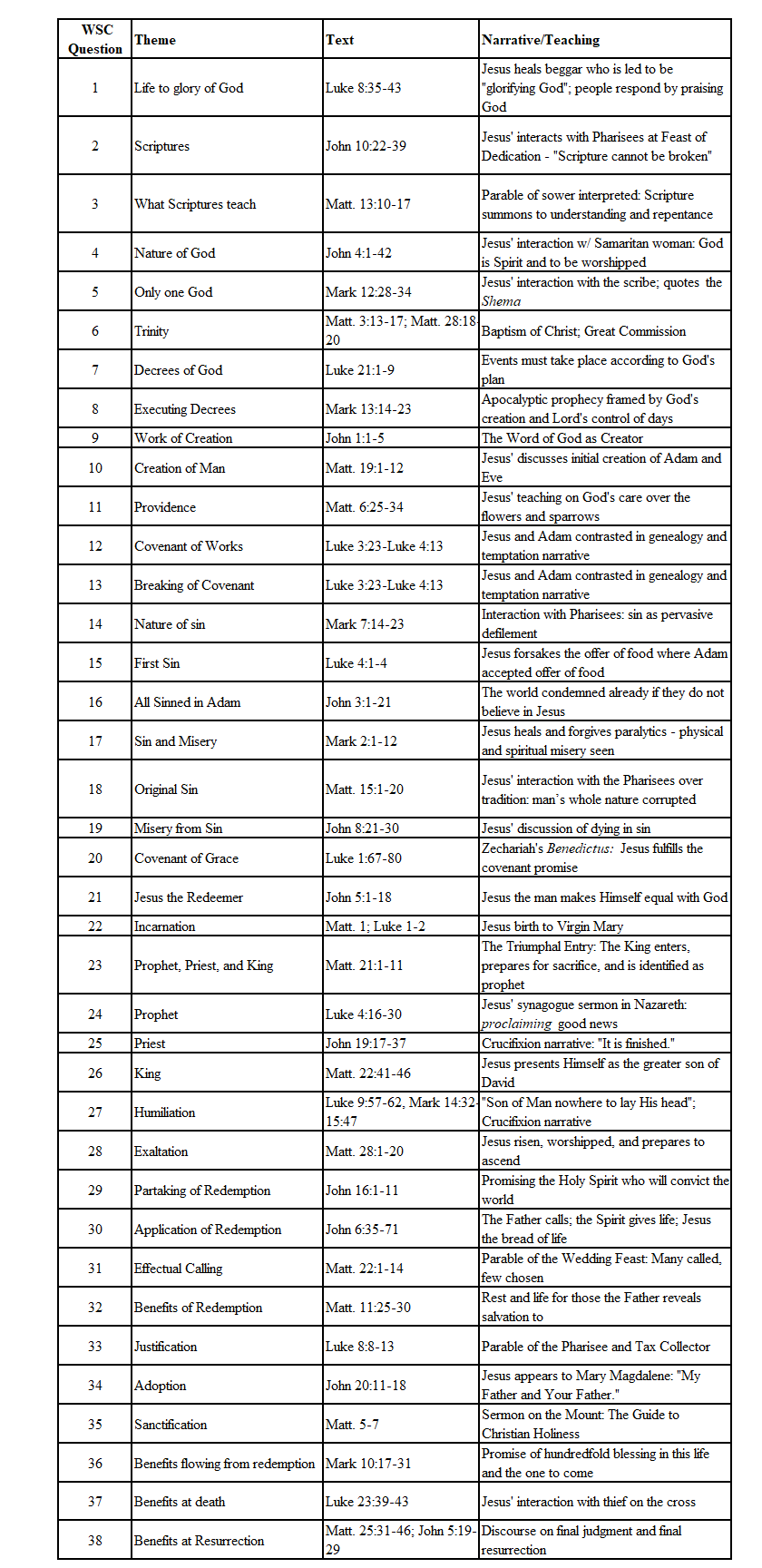Avoiding an Eskimo Theology of Jesus
Would our theology be different if Jesus had lived among the Eskimos before He went to the cross? I doubt this is a question you’ve been thinking about, but theologian Michael Bird has proposed this exact issue in a startling critique of evangelical theology. Bird writes,
The life of Jesus does not feature prominently in evangelical theology. As long as Jesus was born of a Virgin and as long as he died on the cross, it doesn’t seem to matter much what else he did or where he did it. In other words, as long as he had a sinless birth and a sin-bearing death, he could have lived among the Eskimos for all it really matters. [emphasis added] … The sad fact is, though, that for many Christians, Jesus’ life is really just the warm-up act to Paul’s atonement theology.[1]
Does Bird have a point here? Does Jesus’ life integrate with the theology of evangelical churches? Do we have a robust place for understanding and appreciating the life of Jesus Christ in the heart of our theology?
Some may balk at these questions altogether. After all, evangelicals, and more particularly, Reformed churches, frequently emphasize the active obedience of Jesus Christ, that overarching doctrine of His life. Others may point out the frequency of evangelical preaching from the gospels or the personal value found in the stories of Jesus’ life. I certainly join with those who would argue that Bird has overstated his case here.
But, perhaps Bird highlights theological risks here, risks worth considering. Consider, just as an example, that in the prooftexts of the Westminster Shorter Catechism, that only one reference is given to a miracle of Christ and that references to the epistles and Revelation outnumber references to the gospels on an almost 3:1 basis. Or flip through the index of some classic Reformed systematic theologies and consider how common it is for theologians to give quite limited attention to events from Jesus’ life between His birth and crucifixion.
These observations are not necessarily critiques of the Westminster Assembly or various theologians. Proof-texting or systematic theologies have particular purposes and evaluating the detailed events of Jesus’ life may not naturally fit with those purposes. But is it possible we could grow in integrating the life of Jesus Christ into the articulation of our theology?
Many routes could be pursued in this integration. I am quite confident that the structures of Reformed theology indeed enable such integration. Of all people, it ought indeed be the Reformed who can say that we know, love, and understand the events of the life of Christ.
Helpful works, like Brandon Crowe’s The Last Adam: A Theology of the Obedient Life of Jesus in the Gospels, have advanced this discussion considerably. Among other things, Crowe unveils how throughout the gospels, Jesus’ interactions with Satan and demons reveal in flesh-and-blood events how Christ is the one who conquers Satan where Adam failed. C.D Jimmy Agan III’s The Imitation of Christ in the Gospel of Luke presents a helpful Reformed perspective on growing in the imitation of Christ through studying the events of Jesus’ life.
What I want to offer is hopefully one helpful addition in our approach to integrating the life of Jesus Christ in the articulation of our theology. I believe that integration can be found in the way we teach catechism. As mentioned earlier, a standard prooftext study of the Westminster Shorter Catechism prooftexts wouldn’t offer much in terms of seeing events of Jesus’ life (particularly between His birth and death) as part of our theological articulation.
And yet in the teaching and actions of Jesus, we find the heart and substance of the theology so beautifully unveiled in this catechism. We need not move from story to epistle to see our catechetical theology unveiled. Instead, the integration of story, of Jesus’ life with epistle will cause our theology to shine richly and gloriously.
I have placed below a table that would be one suggestion of a teaching series through the first 38 questions of the Shorter Catechism. Of course, this could be done for the whole catechism, but I have chosen, for now, to focus on the questions pertaining to “what man is to believe concerning God”.
The idea of the outline presented here would be that the stories or teachings from Christ's life would be the narrative starting point for engaging in core theological discussions of the questions of the Catechism. It would seem indeed that pursuing such a route for 38 lessons would be one step to causing even the most skeptical of theologians to realize the tragic blow to evangelical theology it would be if Jesus had indeed lived among the Eskimos.

May the Lord bless us that we would know the Lord Jesus Christ and the truths of His glorious Word!
[1] Michael Bird, Evangelical Theology (Grand Rapids: Zondervan, 2013), 357. It is curious that Bird provides almost no footnoting to support his critique. He thus leaves open the possibility that he is reacting to his own perceptions of theological communities and has not uncovered any fundamental errors in the church’s theological perceptive.
